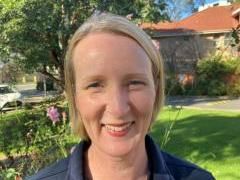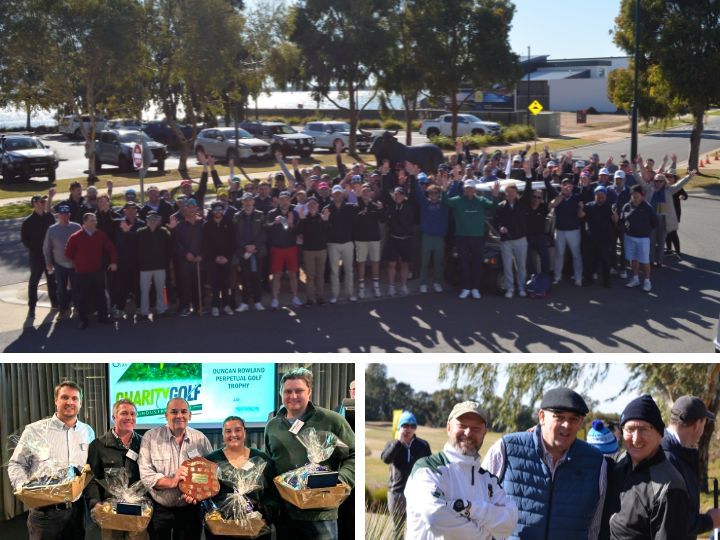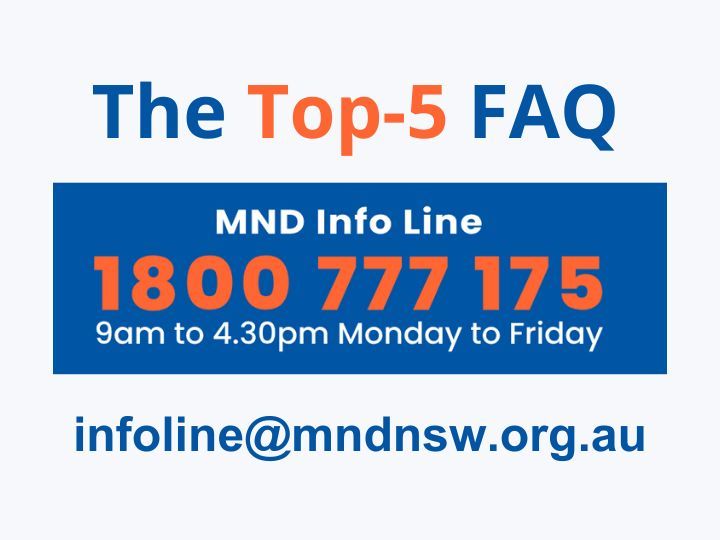To mark 40 years of MND New South Wales this year, we are highlighting 40 years of stories from our members, staff, volunteers and experts.
You can help MND NSW continue supporting people with motor neurone disease by making a donation here.
Julie has been working as a Service Coordinator at NSW Health for 14 years. Her role works closely with staff and volunteers at MND New South wales via a two-way referral system to help people living with MND, especially those who are newly diagnosed.
Over the years, Julie has seen a significant increase in demand for services. But despite demand increasing throughout the community, many people haven’t heard of MND. Or if they have, they have little to no understanding of what it means and how it impacts people.
“People may have heard the words, but they don't have an understanding at all. Not unless it's familial, or they know of a friend or family member that has it.”
There is currently no cure for MND. However, there are some interventions that may help to slow things down. Certain medications are available and sometimes people can opt to have a PEG (a feeding tube), both of which have shown to extend the lives of people living with MND, even if only for a short time.
“Even if you engage in those interventions, you might only extend your life by a month.”
MND impacts a variety of people, from all walks of life and there is a huge age range of people that Julie helps, the average age being around 60. Last week, Julie spoke with a client who was just 26 years old. It’s an age which she admits is always difficult.
In many ways, this is what helps keep Julie focused on the impact of her role as Service Coordinator.
“The best thing is still having an impact on people's lives, even though they're dying… we are still having a big impact on their life and their quality of life. There's still a lot that we can do. We can't cure them but there's lots we can do to help them be more comfortable.”
Julie is in daily contact with many staff at MND NSW and knows the importance of the work they do. That’s why she encourages all of her patients to seek advice from MND NSW, especially in the initial stages after a diagnosis.
“The support that MND NSW provides to people is amazing on many levels. So even when you're first diagnosed, they're the best group to go to, to get reliable information about the disease.”
Whether it’s information, resources or simply someone to talk to when coming to terms with a diagnosis, MND NSW are there to help in whatever way they can.
There’s also a support line available and we even hold regular information sessions for those who are newly diagnosed.
“Just that extra support and someone to talk to who's separate to health, has a big difference.”
MND’s regional advisors are also a great resource for Julie.
“The regional advisors know a lot about the disease, and they feed back to us in the clinic about what's going on for people in their life. And if things are changing in the home, then they're letting us know, and then we can get involved. They're a great help for us.”
Julie feels privileged to work alongside MND New South Wales to help people living with MND, at a time when they need it the most.
“They’re a tremendous resource and support, for both healthcare professionals, and for patients. We're really grateful.”
People like Julie have helped us be there for so many people over the past 40 years. Thank you for supporting us, especially our staff, volunteers and everyone who works with them. With your help, we are continuing to make an incredible difference for people living with Motor Neurone Disease.




